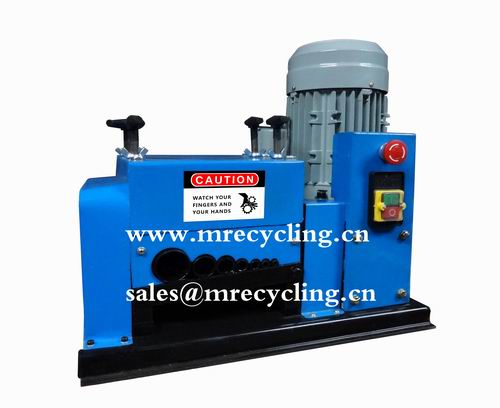Chinese LED companies need to be prepared for danger
Recently, anti-dumping investigations from countries such as the United States, the European Union and India have caused China's photovoltaic industry to be frustrated, and negative news such as layoffs, bankruptcy and restructuring. The LEDinside Forum has also conducted an investigation into whether the LED industry, which is also dependent on exports, will encounter the same situation.
Among the people involved in the survey, more than 40% agree that the LED industry will encounter anti-dumping opinions. They believe that government subsidies are the root cause of the anti-infringement of the LED industry. At the same time, nearly 40% of people believe that at present, our upstream core technology is weak, and the threat of foreign merchants is not big, and will not be reversed for the time being. In addition, 14 believes that the LED industry is developing rapidly and will repeat the mistakes of photovoltaics. 7 think that China's LED industry currently accounts for a small global market share, so there is no need to worry about being countered.
China's LED industry is unlikely to encounter anti-infringement in the short term. First of all, China is currently the world's largest lighting processing and manufacturing base, but the core technology of LED chips is mostly in the first-tier manufacturers in Europe and America, and they also need to sell themselves through the wedding clothes of Chinese lamps. Therefore, before the large-scale adoption of local chips in China, foreign interests have not been damaged, and naturally they will not move their own feet. Secondly, LED lighting applications are in the initial stage, and market demand is showing a gradual upward trend. And the price has always been the elbow of promoting LEDs, and various businesses are trying to use technology to reduce costs to cater to consumers' buying needs. Before the LED lighting technology is still mature, and the price has not yet reached a reasonable conclusion, it is unlikely that China's LED will encounter anti-infringement attacks.
However, the benefits of the disaster, and from the photovoltaic industry, we can also see the hidden dangers of the development of the LED industry:
First of all, the lack of core pain, limited profit. The chip is the core technology of the LED industry, but compared with the big European and American manufacturers, our domestic chip research and development strength is relatively weak, and many products are foreign cores under the Chinese manufacturing outerwear. Due to the lack of core technology, Chinese companies often invest a large amount of money to pay royalties, and the big profits are handed over to foreign companies, and the revenue is naturally meager.
Secondly, debulking subsidies may be counterproductive. Because government subsidies are like a double-edged sword, while promoting industrial development, it is also an important factor that restricts its independent development in accordance with market rules. In order to compete for subsidies, many companies have taken the mentality of taking a boat and rushed to the top, and even some unrelated companies have come in, eager for quick success, and the quality of the products produced is mixed. The pressure of overcapacity has forced companies to squeeze prices from each other and the competitive environment is deteriorating.
Again, exports are not the only way out, and you need to consider walking on multiple feet. The photovoltaic industry has been countered, exposing its shortcomings of insufficient domestic demand and excessive dependence on exports. Similarly, the LED industry should also take the lead. At present, many LED companies' export business accounts for a fairly high share of the company's financial revenue. If a desperate attempt is made in a foreign market, once a foreign company initiates an anti-dumping lawsuit, Chinese LED companies may be trapped in the mud and are unable to extricate themselves. Therefore, in order to preserve strength and avoid being frustrated, companies that focus on export may wish to balance the proportion of domestic and foreign markets, expand sales channels, and walk on foot to prevent problems.
Benchtop Copper Stripping Machine
Benchtop Copper Stripping Machine

Places that buy scrap metal will not buy wire if the insulation is still attached.
This is because they want to melt it down right away so it can be quickly sold.
The insulation gets in the way of this process and cannot be melted down along with the wire.
An automatic scrap wire stripper can help you strip the insulation from the wire very quickly and easily.
Benchtop Copper Stripping Machine, Benchtop Wire Stripping Machine, Copper Stripping Machine
TAIZHOU GUANGLONG WIRE STRIPPING MACHINE MANUFACTURING CO.,LTD , https://www.scrap-wire-stripper.com